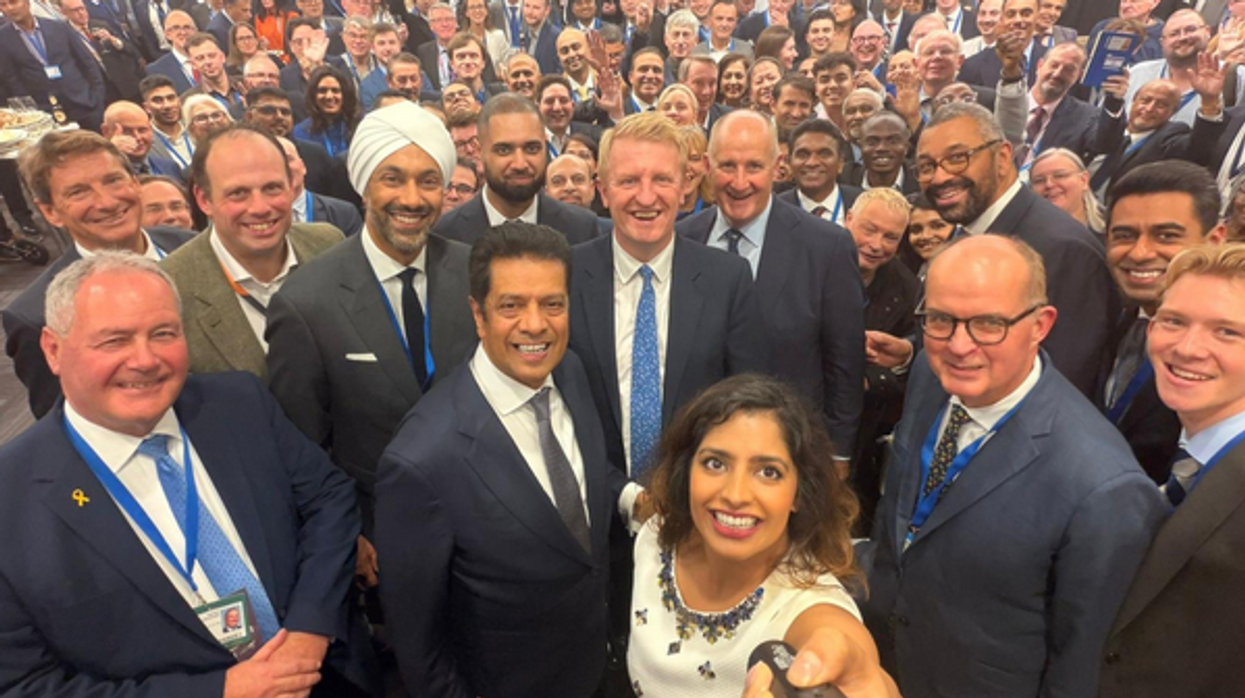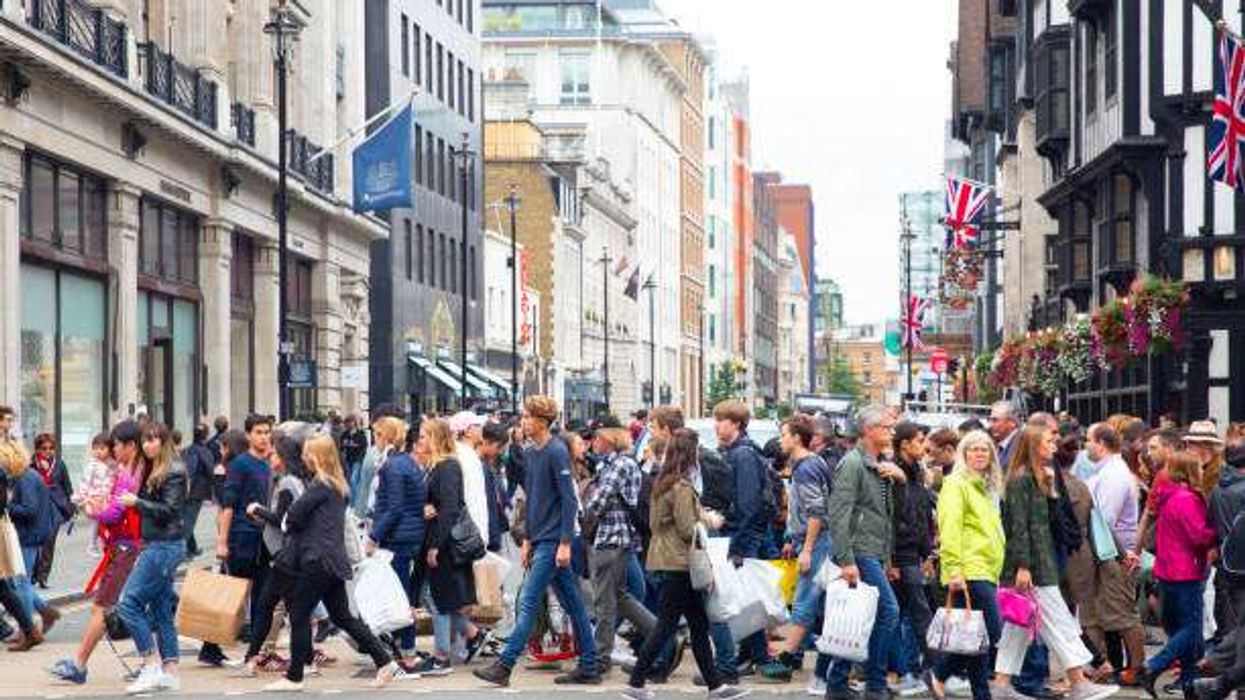RATAN TATA, the former chairman of the Tata Group and a key figure in transforming the Indian conglomerate into a global powerhouse, passed away at the age of 86, the company announced late Wednesday.
Tata, who led the group for over 20 years, played a pivotal role in expanding its global footprint through major acquisitions. His death marks the end of an era for one of India's most prominent business leaders.
"It is with a profound sense of loss that we bid farewell to Mr Ratan Naval Tata, a truly uncommon leader whose immeasurable contributions have shaped not only the Tata Group but also the very fabric of our nation," Tata Group chairman Natarajan Chandrasekaran said in a statement.
People pay their respects to the former chairman of Tata Group Ratan Tata, in Mumbai, India, October 10, 2024. (Photo: Reuters)Tata had been receiving intensive care in a Mumbai hospital prior to his death, sources told Reuters. His passing has prompted tributes from business leaders, politicians, and others around the world. Indian prime minister Narendra Modi expressed his condolences, describing Tata as "a visionary business leader, a compassionate soul, and an extraordinary human being." Modi also praised Tata for providing stable leadership to one of India's oldest business houses, adding, "My thoughts are with his family, friends, and admirers in this sad hour."
One of the most unique aspects of Shri Ratan Tata Ji was his passion towards dreaming big and giving back. He was at the forefront of championing causes like education, healthcare, sanitation, animal welfare to name a few. pic.twitter.com/0867O3yIro
— Narendra Modi (@narendramodi) October 9, 2024
Born in 1937 in Bombay (now Mumbai), Tata originally pursued a career in architecture before returning to India in 1962 to join the family business. He began his career at Tata Steel, working alongside apprentices on the factory floor. In 1991, after his uncle JRD Tata stepped down, Ratan Tata took over as chairman of the group, leading it through a period of global expansion.
Under Tata’s leadership, the group made several key acquisitions, including British tea brand Tetley in 2000, steelmaker Corus in 2007, and British carmakers Jaguar and Land Rover in 2008. His work helped elevate Tata Group to a global stage, making it one of the most recognised Indian conglomerates worldwide.
Tata's legacy extends beyond business. The company noted that his philanthropy "touched the lives of millions," with initiatives in education and healthcare leaving a lasting impact. About two-thirds of Tata Sons, the holding company of Tata Group, is owned by philanthropic trusts.
Tata also made significant contributions to India's industrial and automotive sectors. He was behind the launch of the Indica, the first car designed and built in India, and the Nano, which was marketed as the world's most affordable car. While the Indica was a success, the Nano faced challenges, including safety concerns, and was eventually discontinued.
Throughout his career, Tata was known for his modest lifestyle and reserved demeanour. A licensed pilot, he occasionally flew the company plane. He never married and was widely respected for his integrity and ethical leadership.
Business leaders from across India and the world expressed their sorrow. Anand Mahindra, chairman of Mahindra Group, credited Tata with helping shape India's economic trajectory. "India's economy stands on the cusp of a historic leap forward, and Ratan's life and work have had much to do with our being in this position," he wrote on X. Harsh Goenka of RPG Enterprises also paid tribute, noting Tata’s impact on the business world.
After retiring as chairman, Tata became an investor in Indian startups, backing companies such as Paytm, Ola Electric, and Urban Company. His contributions to Indian industry earned him numerous accolades, including the Padma Vibhushan, India’s second-highest civilian award, in 2008.
Ratan Tata's passing marks the end of a significant chapter in Indian business, but his legacy is expected to endure through the companies and causes he championed.
(With inputs from agencies)













